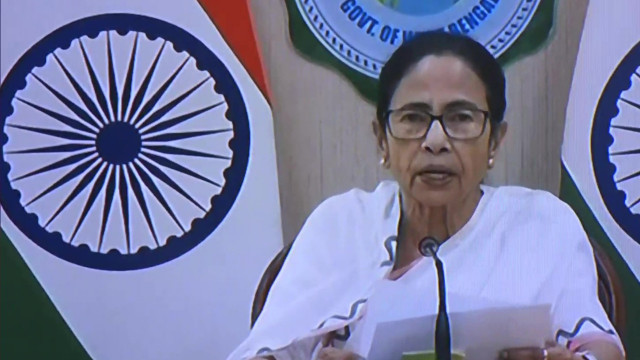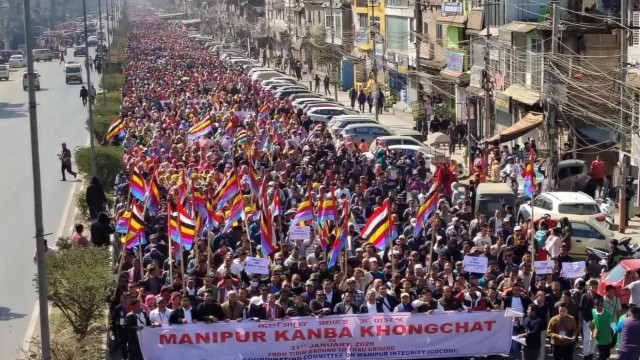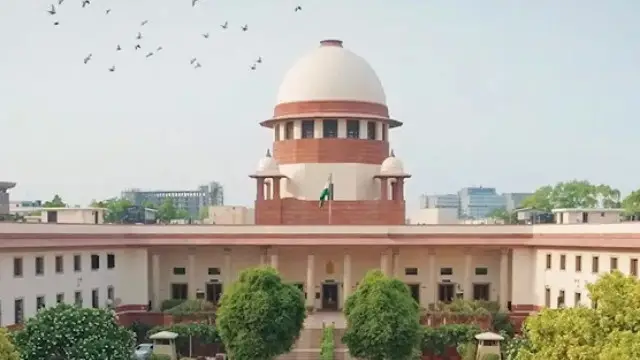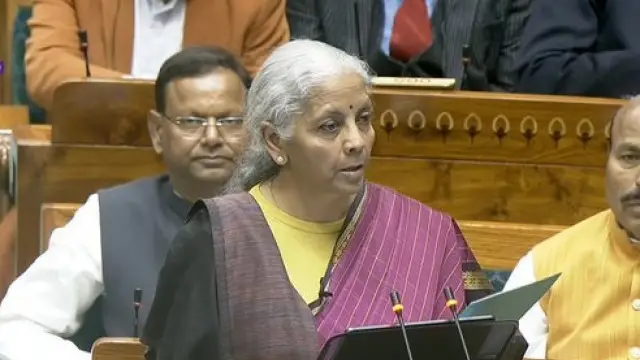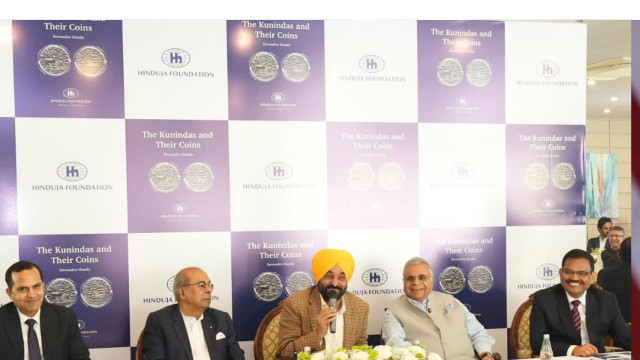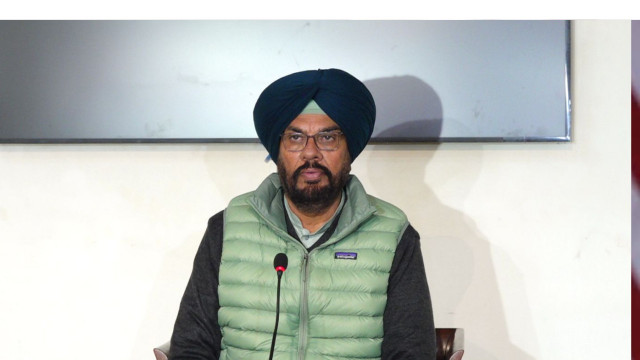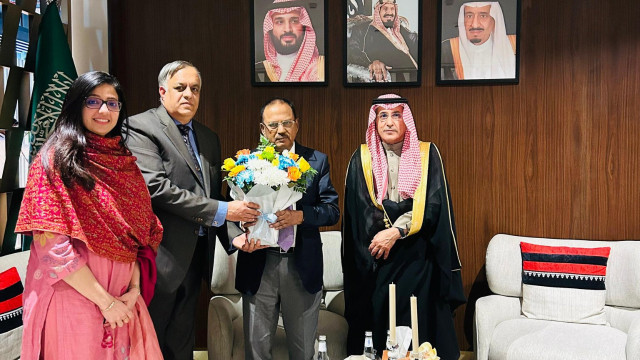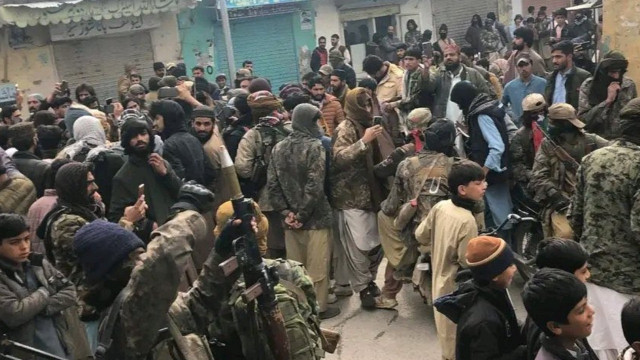Pakistan Pleads for Dialogue: Sharif Signals Peace After Military Setback
Pakistan Prime Minister Shehbaz Sharif, speaking in Tehran, extended an olive branch to India, declaring Pakistan’s readiness to engage in peace talks to resolve disputes, including Kashmir and terrorism, following a crushing defeat in recent military confrontations.

Pakistan Prime Minister Shehbaz Sharif, speaking in Tehran alongside Iranian President Masoud Pezeshkian, expressed Pakistan’s readiness to engage in peace talks with India to resolve longstanding disputes, including Kashmir, terrorism, and water sharing. The statement, made during his four-nation tour, follows India’s Operation Sindoor on May 7, which obliterated nine terror camps in Pakistan and PoK, killing over 100 terrorists. The operation, a response to the April 22 Pahalgam attack that claimed 26 lives, exposed Pakistan’s military vulnerabilities, prompting Sharif’s call for dialogue.
Operation Sindoor’s Impact
Operation Sindoor, executed with precision missile and drone strikes, targeted Lashkar-e-Taiba and Jaish-e-Mohammed bases in Muridke, Bahawalpur, and Muzaffarabad, revealing Pakistan’s reliance on Chinese defense systems, which faltered during the conflict. Pakistan’s retaliatory drone attacks were largely repelled, and a May 10 ceasefire, negotiated via directors general of military operations, halted hostilities. Sharif’s Tehran remarks, lauding Iran’s mediation through Foreign Minister Abbas Araghchi, reflect a weakened position, with Pakistan facing domestic pressure over economic woes and military losses. India, however, insists talks focus solely on Pakistan-occupied Kashmir and terrorism, rejecting broader negotiations.
Global and Domestic Reactions
Sharif’s peace overture has drawn mixed responses. In India, External Affairs Minister S Jaishankar dismissed claims of U.S. mediation, emphasizing bilateral talks led to the ceasefire, while BJP leaders called Sharif’s offer a “tactical retreat.” X posts reveal public skepticism, with users demanding Pakistan hand over terrorists. Iran and the UAE support dialogue, but analysts like Chietigj Bajpaee see little hope for a credible peace process, citing entrenched mistrust. In Pakistan, Sharif faces criticism from opposition parties for appearing conciliatory, yet his call aligns with economic pressures and a need to stabilize relations. As India prepares for Modi’s response, the plea underscores Pakistan’s strategic recalibration after a military setback.




